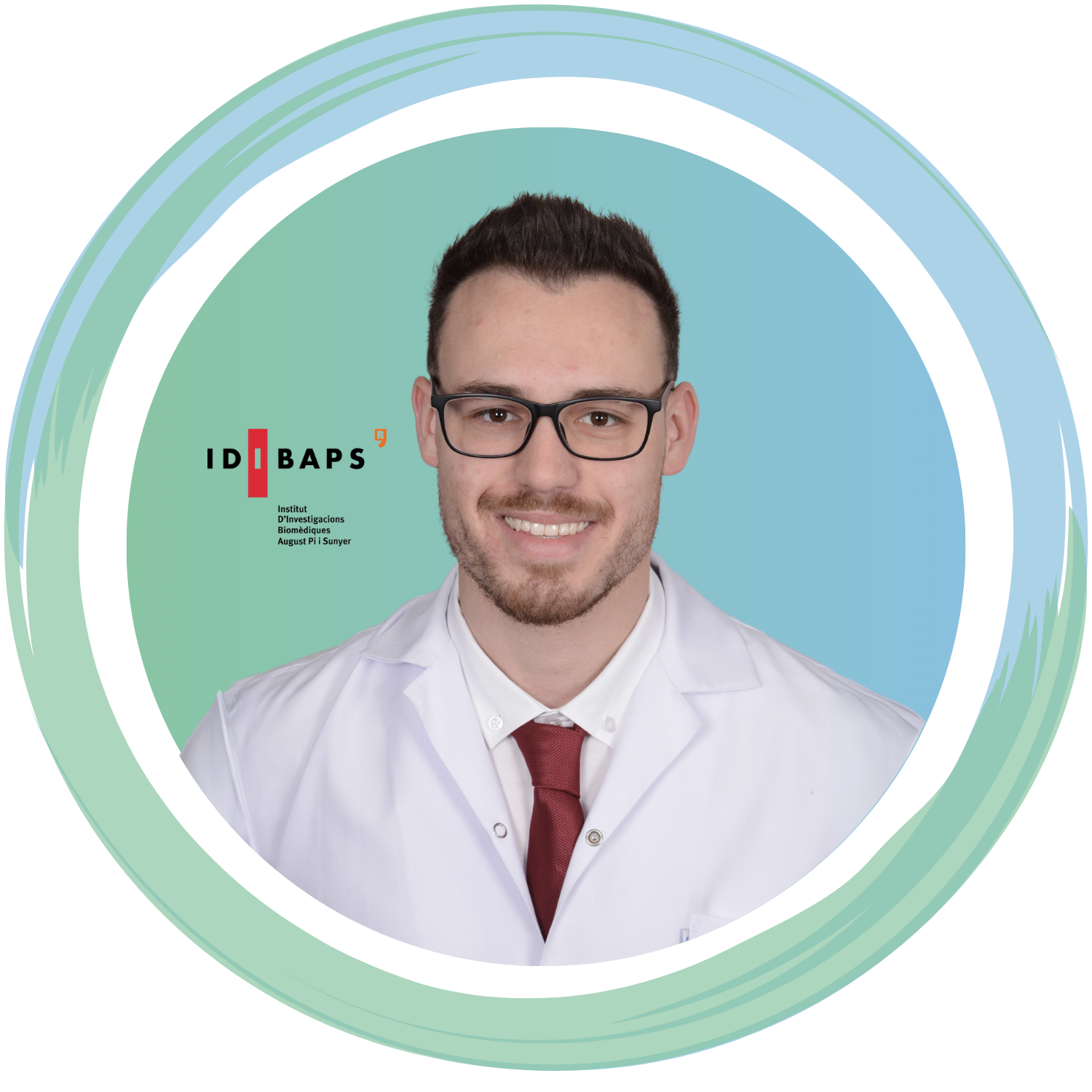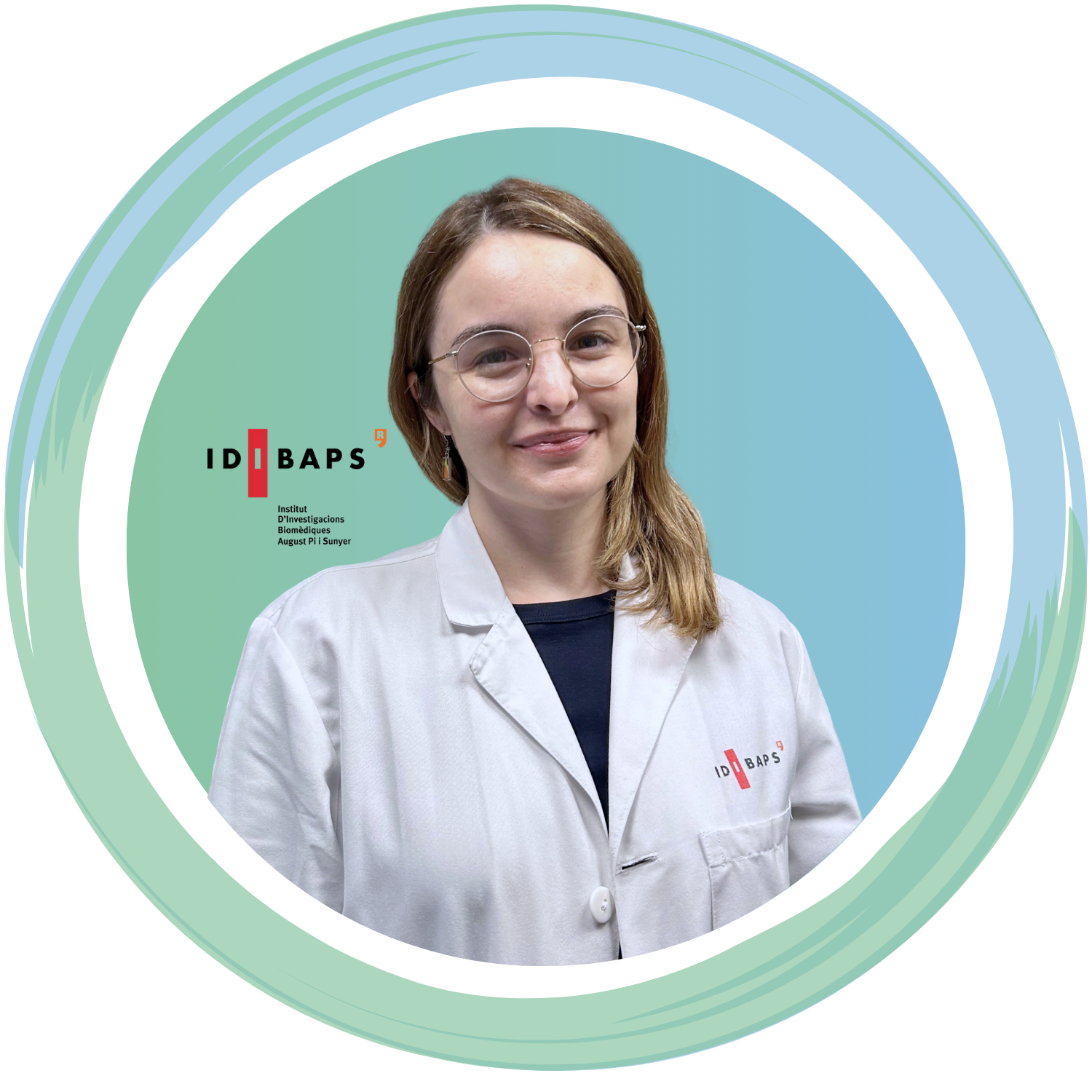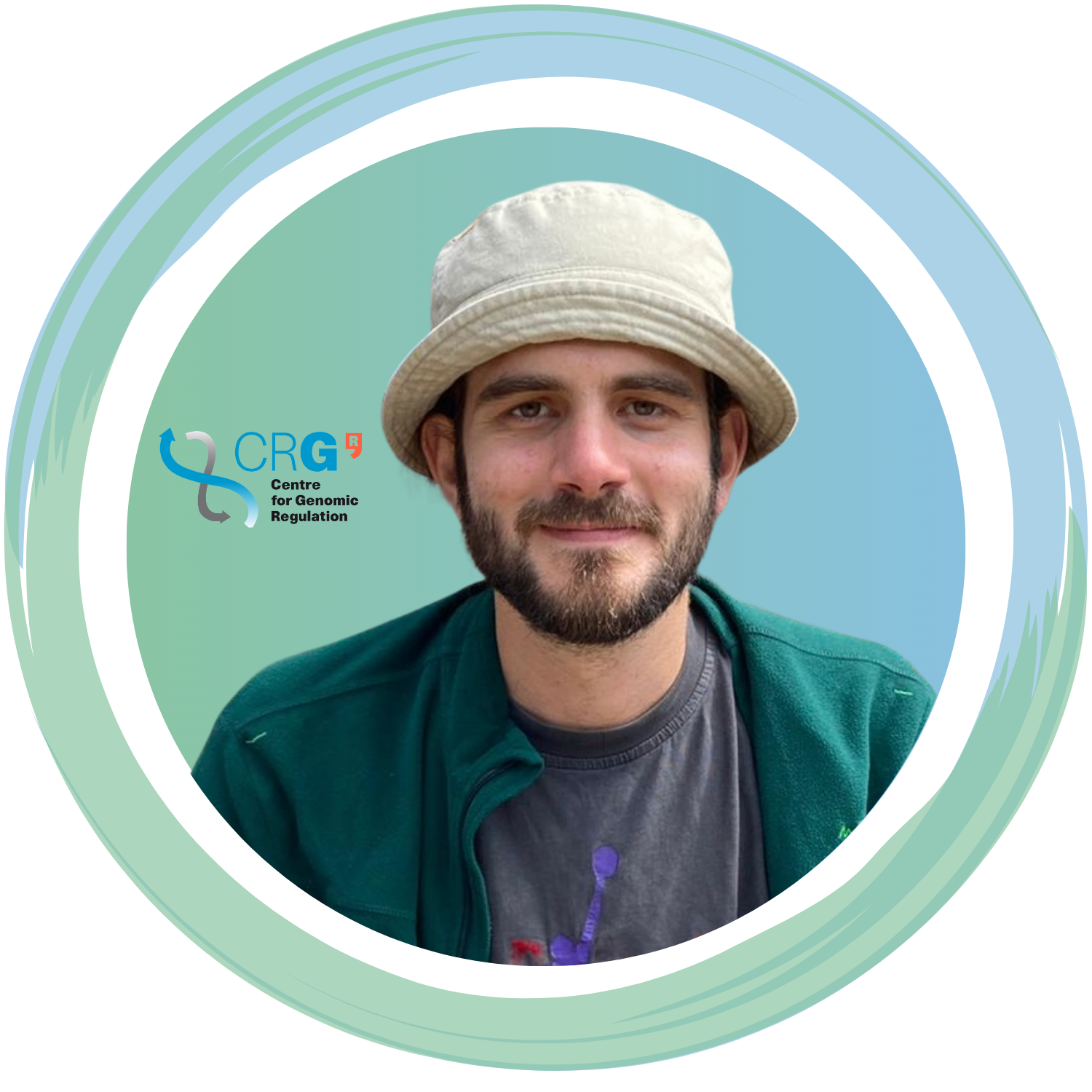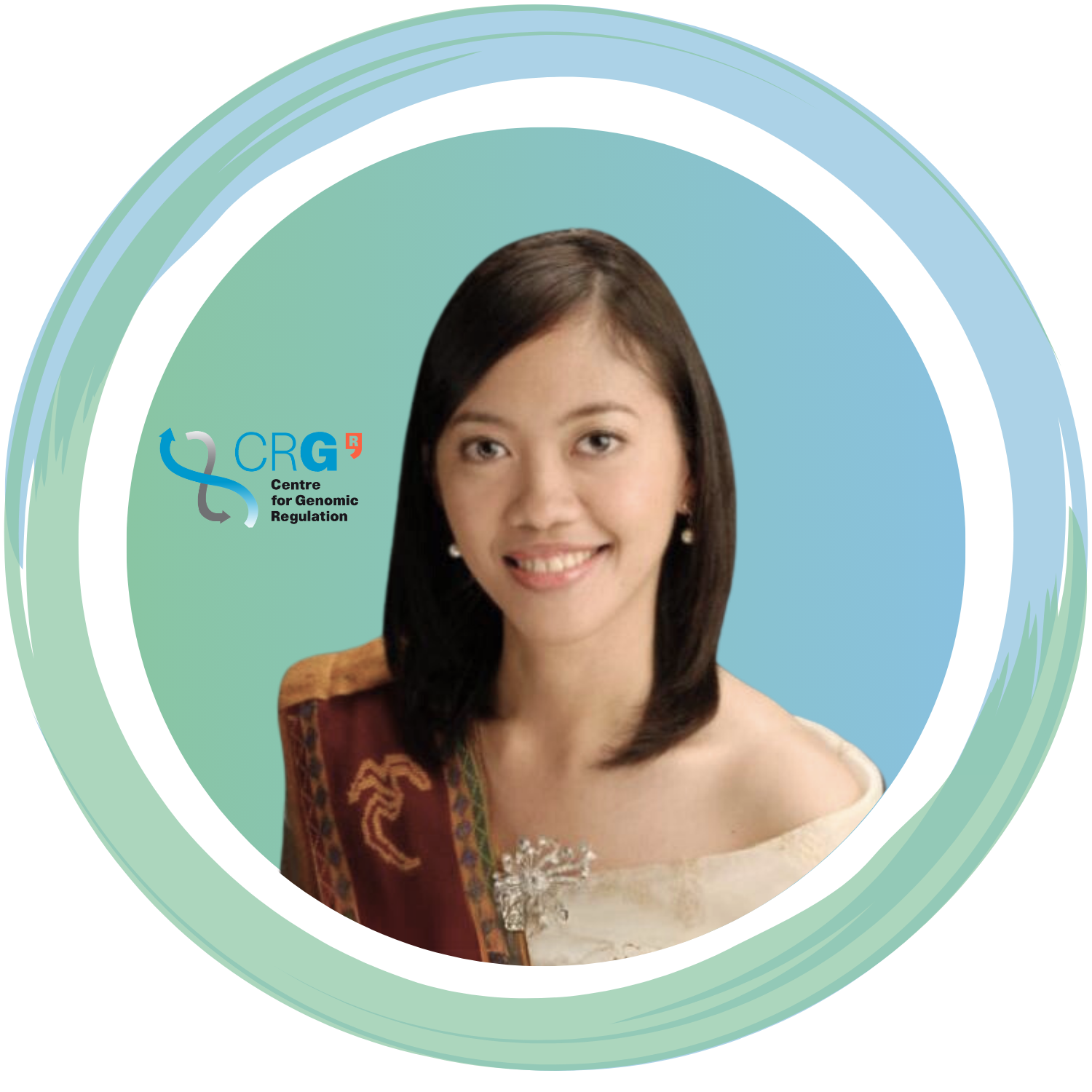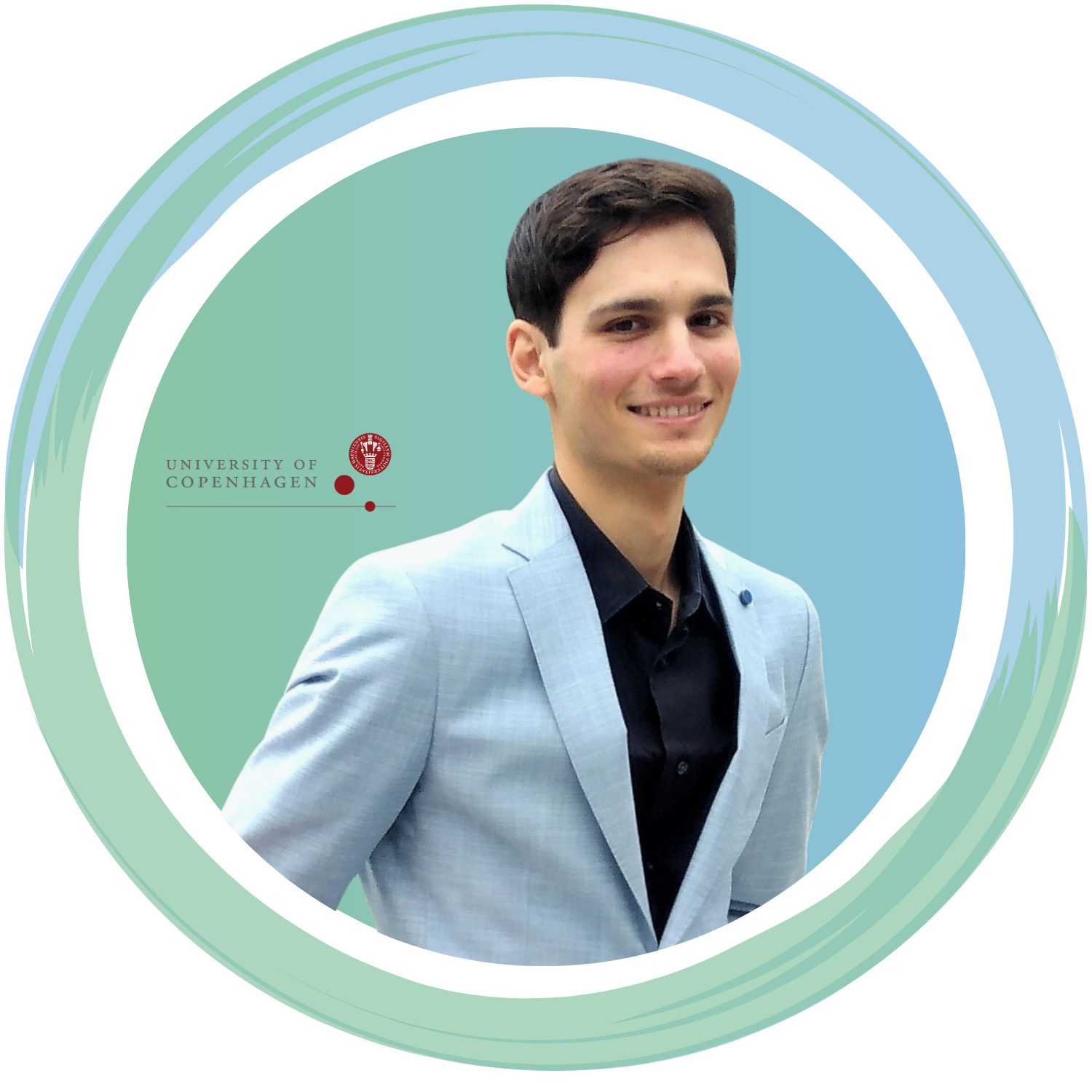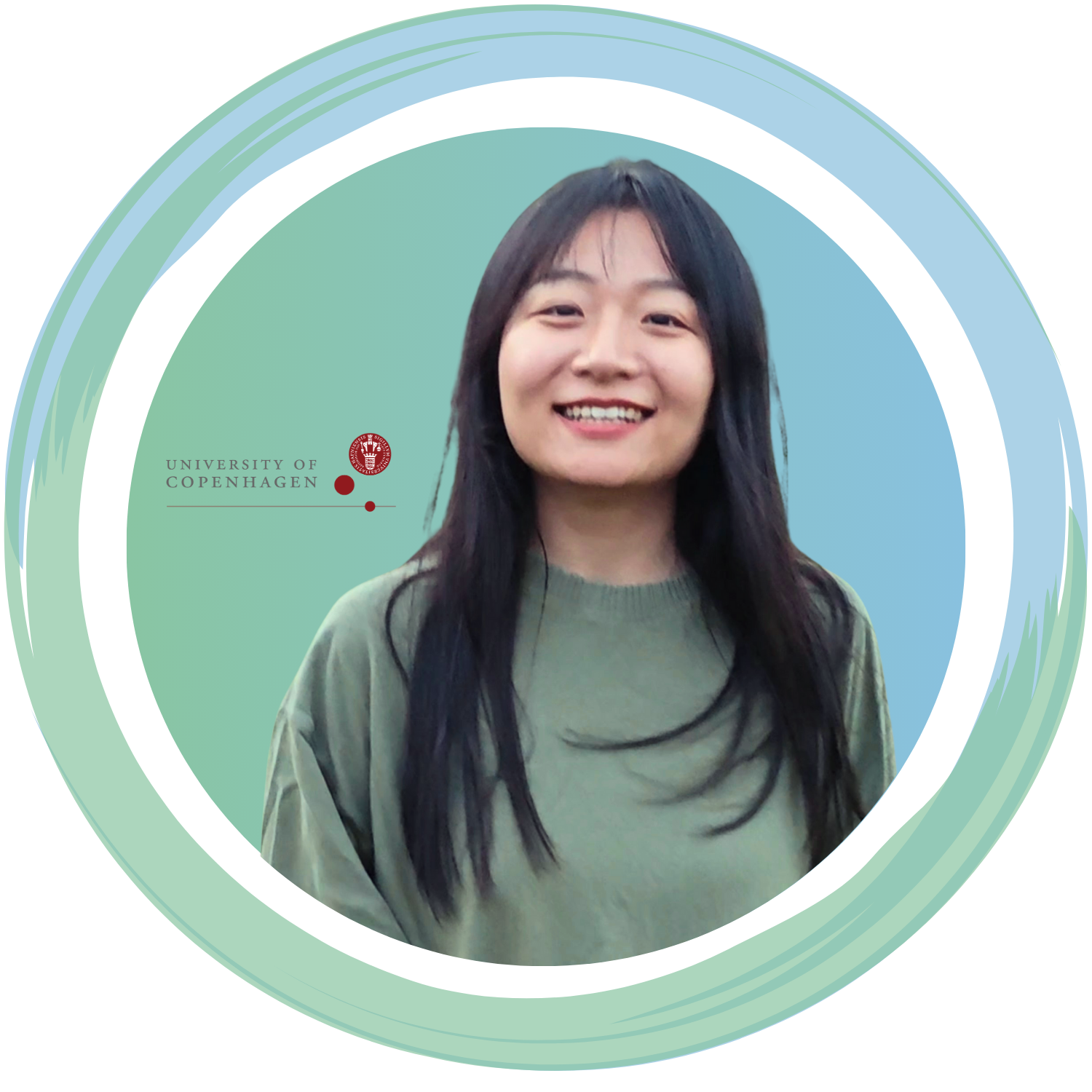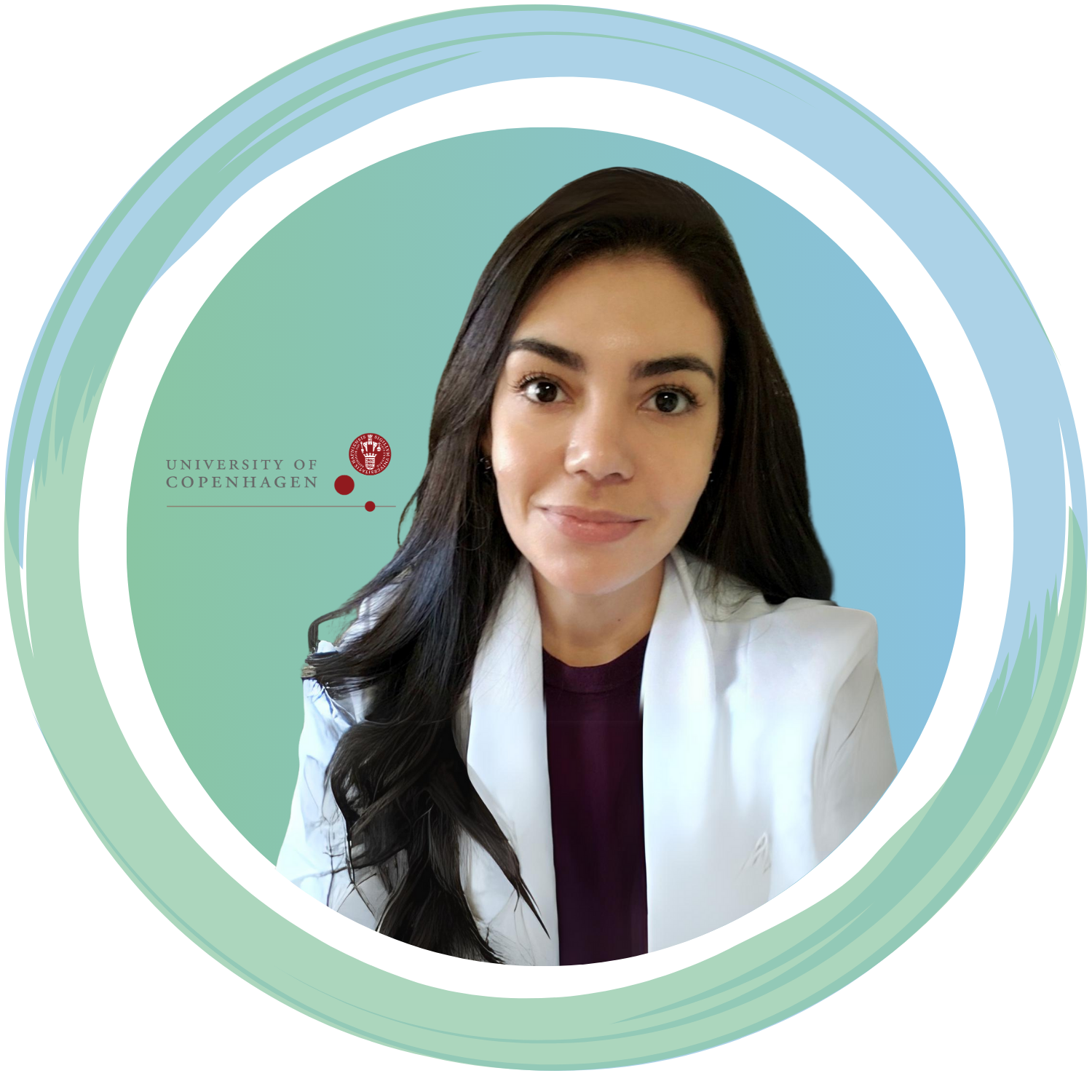The lab: Gebauer group
Lab's research themes
The Gebauer group focuses on understanding translational reprogramming of cancer cells. This non-genomic mechanism of cancer cell adaptation allows rapid responses to a variety of stress conditions and contributes to cell malignancy.
We are particularly interested on RNA-binding proteins (RBPs), which targets they recognize, how these targets are regulated, and how RBPs themselves are modulated to coordinate post-transcriptional gene expression. We have recently performed an unbiased screen to identify RBPs with roles in melanoma progression, and currently focus on several of them, including unconventional RBPs with roles in the unfolded protein response (a fundamental stress response necessary for the survival of cancer cells), or more classical RBPs with ill-defined functions.
We use high-throughput methods combined with bioinformatics, biochemistry, cell-based assays and animal models to understand fundamental principles of RBP function. We aim to capitalize on the generated knowledge to identify reliable biomarkers and design therapeutics with high specificity.
Merits of the lab
Our group has >20 years of experience in the RNA field, working on the subject of translational control during embryonic development and cancer.
Latest achievements include uncovering new modes of RNA recognition by RBPs (Nature 2014, Cell Reports 2020), identifying RBPs that function as oncogenes in melanoma and dissecting the underlying mechanisms (Cancer Cell 2016, Oncogene 2021), and uncovering context specific functions for RBPs in cancer (Cell Reports 2022).
We have trained 13 PhD students and 8 postdocs, many of which have moved into leadership positions in academia or industry.
Why do we train medical doctors in our team?
We have trained a medical doctor supported by a PhD4MD fellowship. This doctor is now an oncologist in charge of clinical trials at Hospital Clinic, and we remain collaborating with him. In addition, we have established network of clinicians that help us assess the clinical potential of our findings.
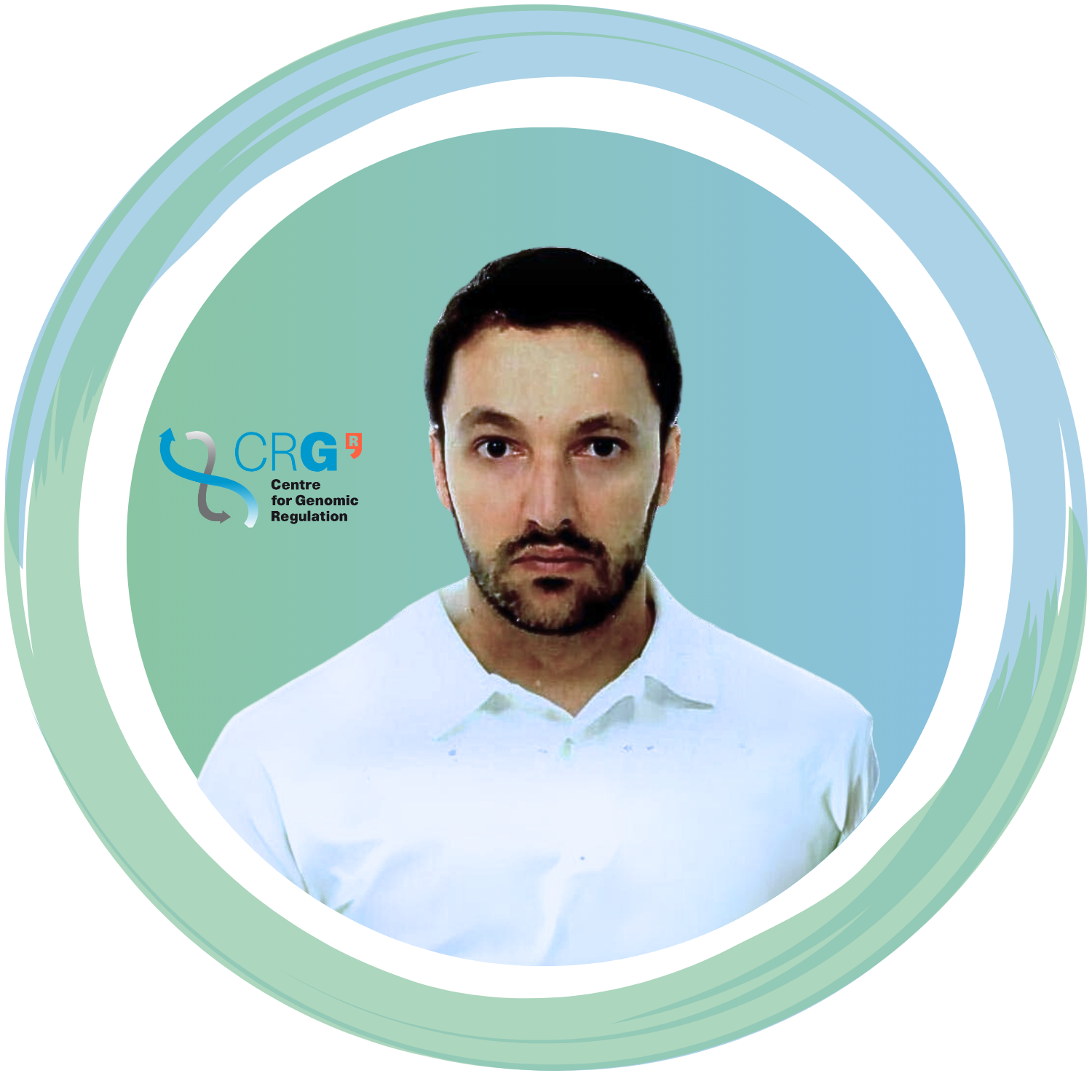
The position
Meet Pablo!
Biosketch
Pablo Espinosa Lara studied medicine at the Miguel Hernández University in Alicante (Spain). After completing his medical degree, he specialized in Medical Oncology at the Puerta de Hierro University Hospital in Madrid and later in Dermatology at the Fuenlabrada University Hospital (Madrid). At the end of his residency training, he worked for 7 years in the skin cancer unit at Infanta Cristina Hospital in Parla (Madrid). In 2019 he was accepted to complete a 2-year training period in Dermatopathology at Santa Maria Hospital in Lisbon, under the supervision of Professor Soares de Almeida and subsequently obtained the European certification in Dermatopathology at the exam held in Frankfurt in 2022. In 2023, he joined Dr. Fátima Gebauer’s group at the CRG (Barcelona) to carry out his PhD studies by studying the role of RNA-binding proteins in melanoma immune response.
University awarding the PhD
Pablo is currently enrolled at the Pompeu Fabra University in the PhD in Biomedicine programme, and the local CRG’s International PhD Programme.
I decided to become a physician because…
Like many other physicians, one of the main reasons that led me to study medicine was to be able to help patients recover and improve their well-being, as this aspect of a doctor’s job is challenging, but at the same time an incredibly rewarding experience. Being a medical doctor offers the opportunity to learn every day, to apply that knowledge, and to explore new aspects of medical science in our daily practice.
But also, I wanted to become a scientist because…
Since I started my studies in medicine, I have always been interested in learning about the mechanisms by which diseases occur, and specifically in understanding the events that shape the evolution of tumoral processes, from the initiation to metastatic spread. I am passionate about the idea of being able to contribute in the future to a better understanding of the mechanism of melanoma development and to transfer advances from the laboratory to the clinic.
What I am working on?
Cutaneous melanoma is one of the most aggressive forms of skin cancer. While targeted therapies (i.e. inhibitors against frequent mutations in the BRAF-MAPK pathway) provide effective anti-tumoral responses, these are typically transient and generate resistance. On the other hand, even though antibodies against immune checkpoint blockers are demonstrating long-term responses, about 50% of patients do not respond or become refractory to treatment. Alternative targets for drug development and biomarkers that predict response to therapy are, thus, in deep need. In our project, we propose to capitalize on the family of RNA-binding proteins (RBPs) to investigate their potential roles in melanoma immune response. We will focus on three RBPs that my host lab has identified as melanoma oncoproteins with potential roles in microenvironment modulation. We will first test their impact on primary tumour growth and metastasis using immunocompetent mice, followed by evaluation of the immune infiltration of the tumours and characterization of immunological markers. We will combine in vitro and in vivo data with in silico analysis of patient databases to infer the potential relevance of the RBPs as indicators of immune response. We will then focus on the most promising RBP to identify the relevant downstream targets and mechanisms.
Why is this important to me as a medical doctor?
It has been always my dream to push forward personalised medicine by fusing fundamental discoveries and frontier technologies with translational research and medicine, bridging research and patients’ needs, and being able to work at the interface of diverse disciplines.
Who am I besides a future physician-scientist?
Not only my interest in science is part of my biography, but I also enjoy the company of my family and friends, sharing my time with them and travelling around the world. I love travelling around Europe, getting to know its people and its landscapes, and enjoying its gastronomy and its traditions. I like getting close to its shores as well as contemplating the views from its mountains. For me, it is also a good opportunity to disconnect and be able to live new experiences.


